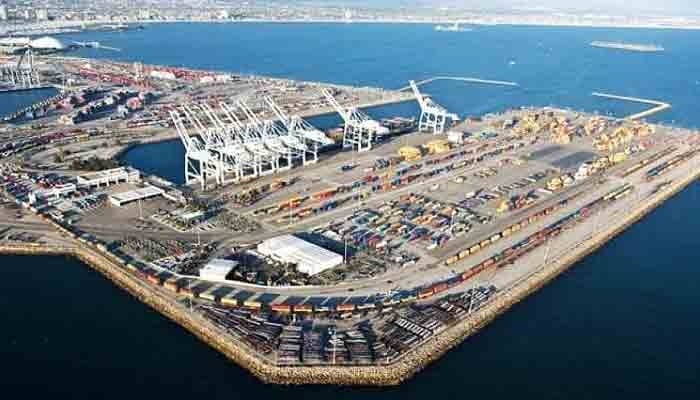The United States has officially revoked the sanctions waiver for Iran’s Chabahar port, dealing a major blow to India’s much-hyped project aimed at creating a trade corridor to Central Asia.
According to a statement from the US Department of State, the exemption granted in 2018 under the Iran Freedom and Counter-Proliferation Act (IFCA) for Afghanistan’s reconstruction and regional economic development will no longer apply after September 29.
“Once the revocation is effective, persons who operate the Chabahar Port or engage in other activities described in IFCA may expose themselves to sanctions,” the statement warned.
Blow to Indian Ambitions
India has long projected Chabahar port as its strategic gateway to Afghanistan and Central Asia, bypassing Pakistan’s geography. However, Washington’s decision has now placed New Delhi’s ambitious plans in jeopardy.
In May 2024, Indian Ports Global Limited signed a long-term agreement with Iran’s Port & Maritime Organisation for operations at the Shahid Beheshti terminal. This pact replaced an earlier 2016 arrangement and had been renewed annually. With sanctions reimposed, India now faces uncertainty over its commitments and investments in the project.
US Pressure on Iran
The revocation aligns with Washington’s broader maximum-pressure campaign against Tehran, targeting its suspected nuclear programme. Development at Chabahar had already slowed due to existing sanctions, and the latest move is expected to further hinder progress.
Regional Implications
Analysts note that the collapse of India’s Chabahar project would leave New Delhi struggling to find alternative trade routes, as it has already been sidelined in Afghanistan and Central Asia. Meanwhile, Pakistan’s own Gwadar port, developed under the China-Pakistan Economic Corridor (CPEC), continues to strengthen its role as a reliable and sanction-free hub for regional connectivity.


